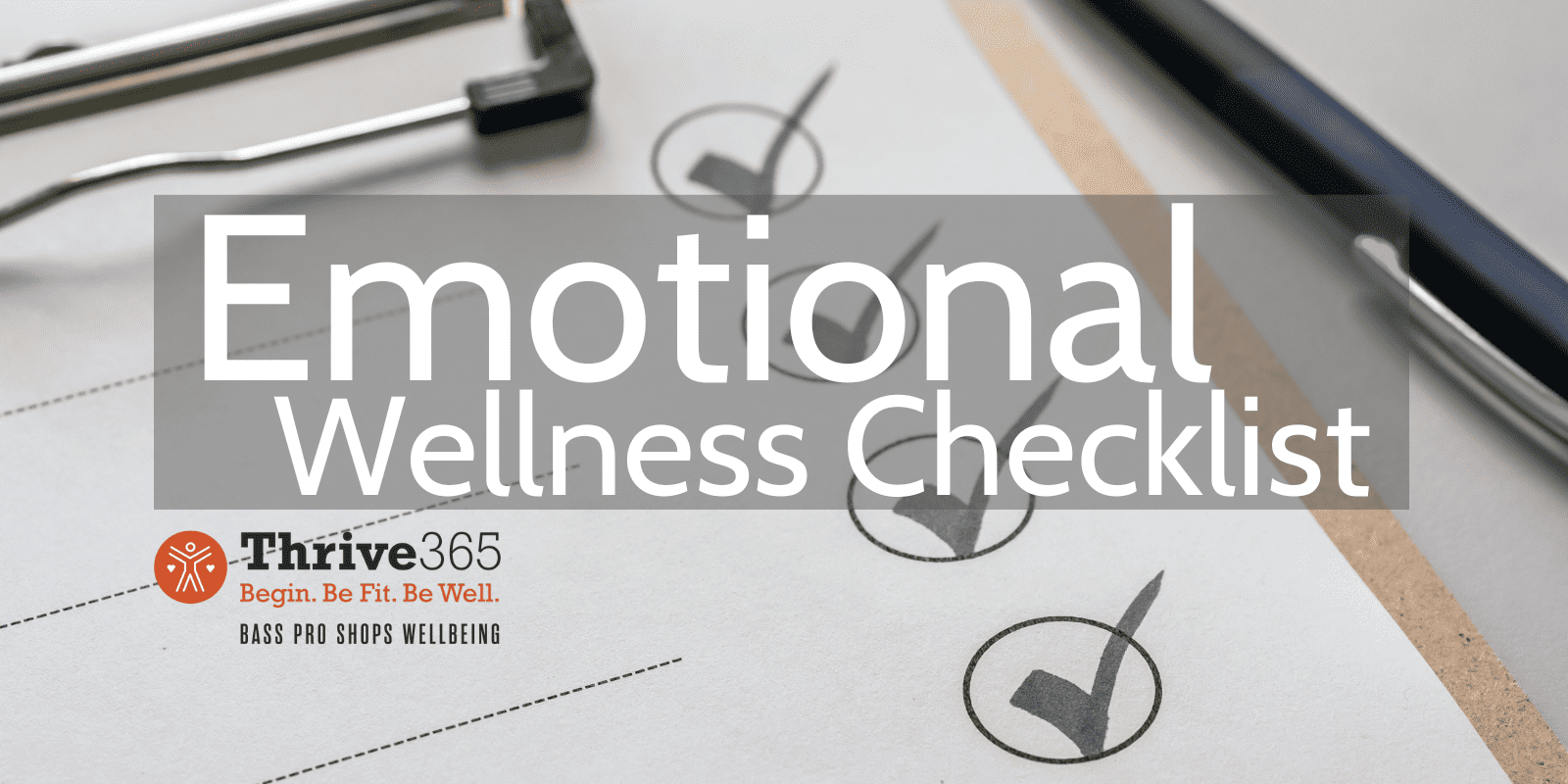
Forming Habits
You may have heard the saying, “I am a creature of habit”. Habits create efficiency, meaning that everyday actions can take place without requiring much thought or deliberation. Brushing your teeth before you go to bed at night, buckling your seatbelt once a car is started or drinking a cup of coffee before starting your day, all these behaviors become habits by learning and repetition. Many things contribute to habit formation including environment (time of day, your surroundings) and the reason why you want or need the habit. These things provide reward signals to the brain, motivating a person to continue to repeat behavior, helping to create routines and habits.
Forming a habit is relatively simple – repeat the desired behavior consistently in the same context. Over time and with enough repetition (creating a routine), the behavior will turn into a habit.
There are three stages of habit formation. In the “initiation stage”, the new behavior and context (i.e. environment or situation) in which it will occur is selected. The behavior starts to become more automatic when the behavior is repeated in the chosen environment, strengthening the behavior-reward association in the “learning phase”. Keeping a consistent environment and conditions is key to a successful push forward during the learning phase. A new habit solidifies in the “stability phase” when behavior becomes routine, continuing over time with little thought, becoming automatic.
Here is an example of how to form a habit.
Goal: I want to go for a 30 minute walk before work every day.
Initiation Stage
Set your alarm at 5:00 AM, select your workout clothes, lay them out the night before and put your shoes by the door.
Learning Phase
Consistently set yourself up for success by setting your alarm, planning your clothing and your workout the night before. If you keep a consistent environment, it will make it easier to continue your new behavior. You feel good after exercise, strengthening the behavior reward system.
Stability Phase
Waking up at 5:00 AM is the new normal, you feel good when walking and it is a part of your daily routine. You start to notice changes in your mood, your fitness level and you look forward to your walk session each day.
You can make forming habits easier by planning and creating an environment that supports your goal. Use this habit tracker as an accountability tool. Setting realistic goals, implementing small changes along the way and tracking your progress will lead to success!




